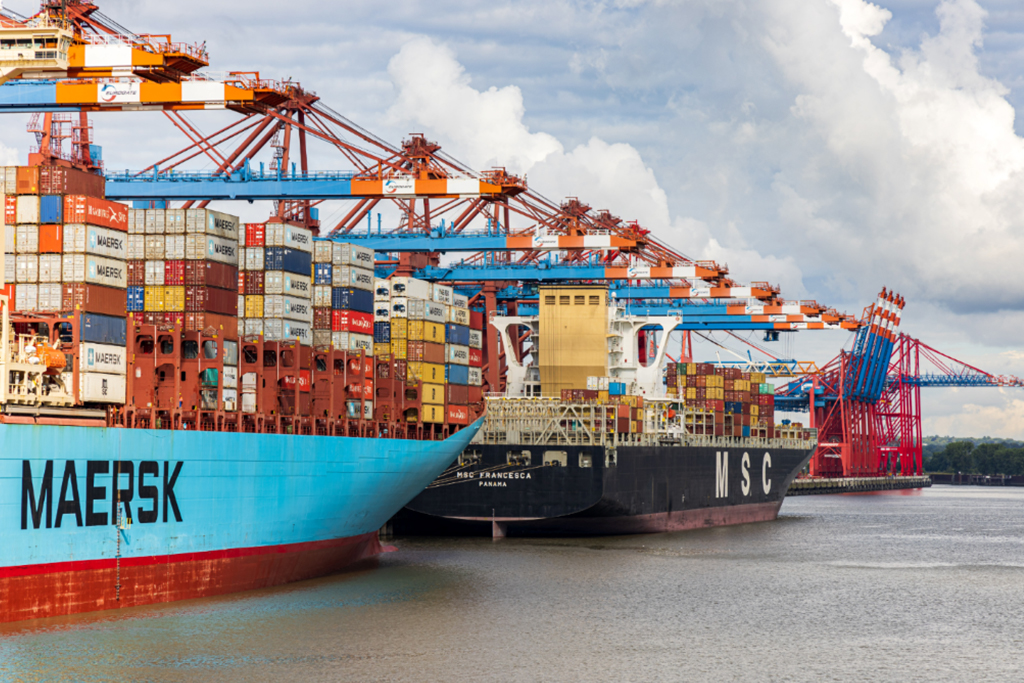Human resources represent a country’s wealth. Here we select some of the most promising nations when it comes to talent - having jumped significantly up the rankings in the Global Talent Competitiveness Index (GTCI).
January 23, 2020
People and their skills are the key to keeping economies strong. This year’s Global Talent Competitiveness Index scores, released yesterday, ranks countries based on how they grow, attract and retain this human capital.
There are some familiar names among the Top 10 with Switzerland claiming the top spot for the 7th year in a row.
But with Age of AI dawning, there’s enormous opportunity for countries further down the rankings to get ahead. With the right investment and decisions from policymakers, these are the nations that have been moving most up our rankings since 2015 – and the ones to watch for talent in the years ahead.
There are some familiar names among the Top 10 with Switzerland claiming the top spot for the 7th year in a row.
But with Age of AI dawning, there’s enormous opportunity for countries further down the rankings to get ahead. With the right investment and decisions from policymakers, these are the nations that have been moving most up our rankings since 2015 – and the ones to watch for talent in the years ahead.
China – The AI Talent Champion
China’s human capital is moving up in the world and now ranks at number 42 in our Index. The latest figures indicate the country is in the top quartile for growing talent, largely because of its world-class educational system which currently ranks 8th in the world. With a population of over 1,392 million, local talent, is never in short supply. Plus, with its hefty investment in research and development, China is increasingly well-placed as the technological revolution develops.

Indonesia – Businesses Investing in Digitalisation
This year’s top mover, Indonesia, has leapt 20 places since the period of 2015 – 2017. The country offers a diverse business environment and is now 65th in the world for talent, after improving in almost every measure tracked by the Index. The southeast Asian nation scored particularly highly in its use of technology with many Indonesian companies showing a strong commitment to digitalising their business. They’ve also boosted their investment in emerging tech which will put them in good stead for an ever more digital future.

India – Workforce With Digital Skills
Around 20 years ago India positioned itself as the delivery centre for IT. Its tech-centric focus has bred a workforce with the specialist and digital skills necessary to embrace artificial intelligence in the workplace. We named India – currently in 72nd position – as a talent mover due to its improving capacity to educate citizens, particularly as it’s starting to offer employees the opportunity for lifelong learning. This approach will help workers pick up new skills as emerging technologies start to replace old jobs and create new ones. But to reach its full potential, India needs to strengthen the role of woman and minorities in the workplace.

Ghana – Easy Place To Do Business
Ghana has crept up 9 places in the rankings since 2015. A less restrictive regulatory environment makes it an easy place to do business. This in turn is attracting more human capital to the West African nation, alongside its tolerance of minorities and immigrants, making it a friendly place for people from other countries to work and live. However, although it’s making strides in other measures, Ghana is limping in terms of AI future proofing. To increase talent competitiveness, the country needs to focus on investing in the science and tech. This is an opportunity that, if capitalised on, could propel it forward as a hot spot for world talent in the future.

Malaysia – Competing With The Best
Malaysia stands out from the crowd among the highest achievers in this year’s GTCI rankings as it’s the only country in the top 25% not to be classed as high-income. A wave of new HR initiatives, like the increase of minimum wage, explains why it improved in almost every measure. The country’s most impressive achievement is to match the demands of its labour market to workforce supply. This means it has the right people with the right skills to fill positions. The integration of new technologies into the workforce and some promising investment in innovation puts it in good stead to cope with the rapidly changing world of work and growing demand for AI skills.




